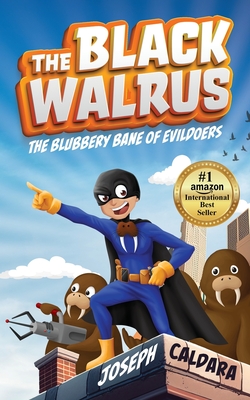
Burlingame, Jon
product information
description
5With hundreds of interviews conducted over a 35-year span, this book is the most comprehensive history of television scoring to date. Music composed for television had, until recently, never been taken seriously by scholars or critics. Catchy TV themes, often for popular weekly series, were fondly remembered but not considered much more culturally significant than commercial jingles. Yet noted composers like John Williams, Henry Mancini, Jerry Goldsmith and Lalo Schifrin learned and/or honed their craft in television before going on to major success in feature films. Oscar-winning film composers like Bernard Herrmann, Franz Waxman and Maurice Jarre wrote hours of music for television projects, and such high-profile jazz figures as Duke Ellington, Dave Brubeck and Quincy Jones also contributed music to TV series. Concert-hall luminaries from Aaron Copland to Leonard Bernstein, and theater writers from Jerome Moross to Richard Rodgers, penned memorable scores for TV. Music for Prime Time is the first serious, journalistic history of music for American television. It is the product of 35 years of research and more than 450 interviews with composers, orchestrators, producers, editors and musicians active in the field. Based on, but vastly expanded and revised from, an earlier book by the same author, this wide-ranging narrative not only tells the backstory of every great TV theme but also examines the many neglected and frequently underrated orchestral and jazz compositions for television dating back to the late 1940s. Covering every series genre (crime, comedy, drama, westerns, action-adventure, fantasy and sci-fi), it also looks at music for animated series, news and documentary programming, TV-movies and miniseries, and how music for television has evolved in the era of cable and streaming options. It is the most comprehensive history of television scoring ever published.
member goods
No member items were found under this heading.
listens & views

DON QUIXOTE / HORN CONCERTO ...
by STRAUSS,R. / FOURNIER / CAPPONE / KARAJAN / BPO
COMPACT DISCout of stock
$13.99
Return Policy
All sales are final
Shipping
No special shipping considerations available.
Shipping fees determined at checkout.






